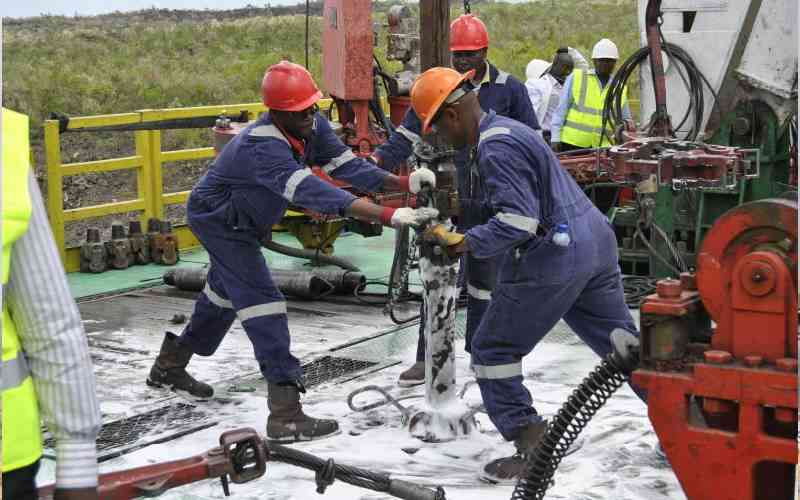×
The Standard e-Paper
Stay Informed, Even Offline

The geothermal fields at Menengai in Nakuru County could in the coming years emerge as an industrial hub.
In addition to power production using geothermal steam, the Geothermal Development Company (GDC) is looking at additional uses for the steam.